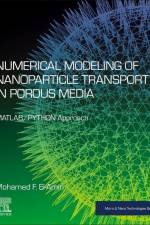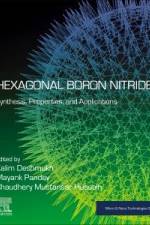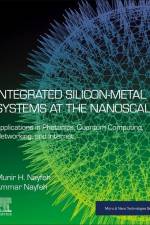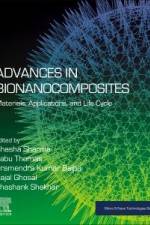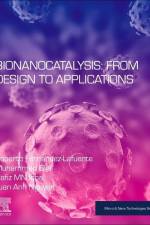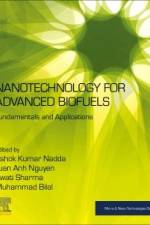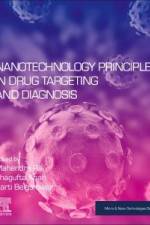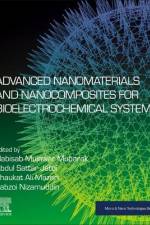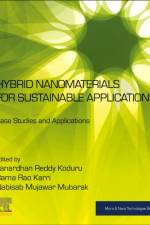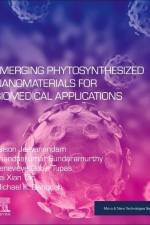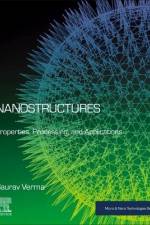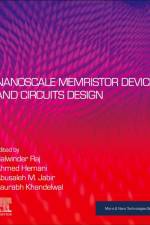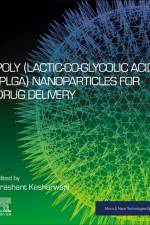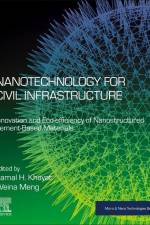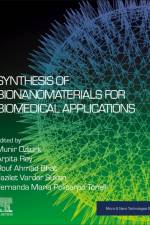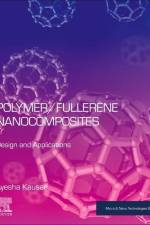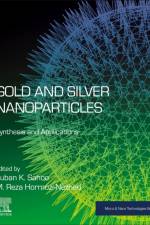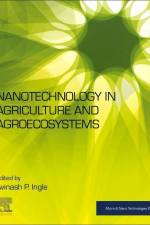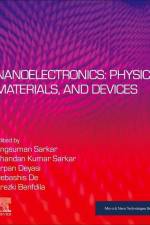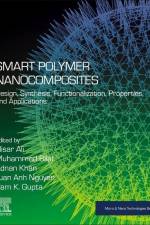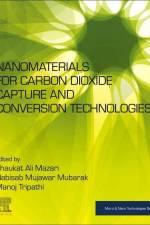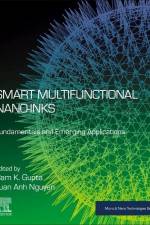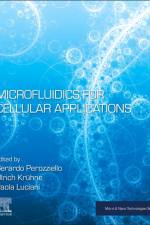av Kalim Deshmukh
3 277
Hexagonal Boron Nitride: Synthesis, Properties, and Applications offers a comprehensive approach to hexagonal boron nitride (h-BN), covering synthesis, exfoliation, properties, characterization, functionalization, heterostructures, nanocomposites, and modelling and simulation, and guiding the reader towards advanced applications in biomedicine, electronics, energy storage, wastewater treatment, and other areas. The book begins by introducing hexagonal boron nitride, discussing classification, structure, synthesis methods, exfoliation, and functionalization techniques. This is followed by in-depth coverage of properties and characterization, as well as heterostructures and other two-dimensional materials and nanocomposites.The fourth section of the book examines specific target applications, covering a range of cutting-edge areas including micro- and nano-electronics, anti-friction and anti-corrosive coatings, bone tissue engineering, wound healing, nanomedicine, drug delivery, catalysis, water treatment, energy storage and conversion, sensing and bio-sensing, and fire-retardant applications. Finally, computational modelling and simulation, and environmental aspects, are addressed in detail.

